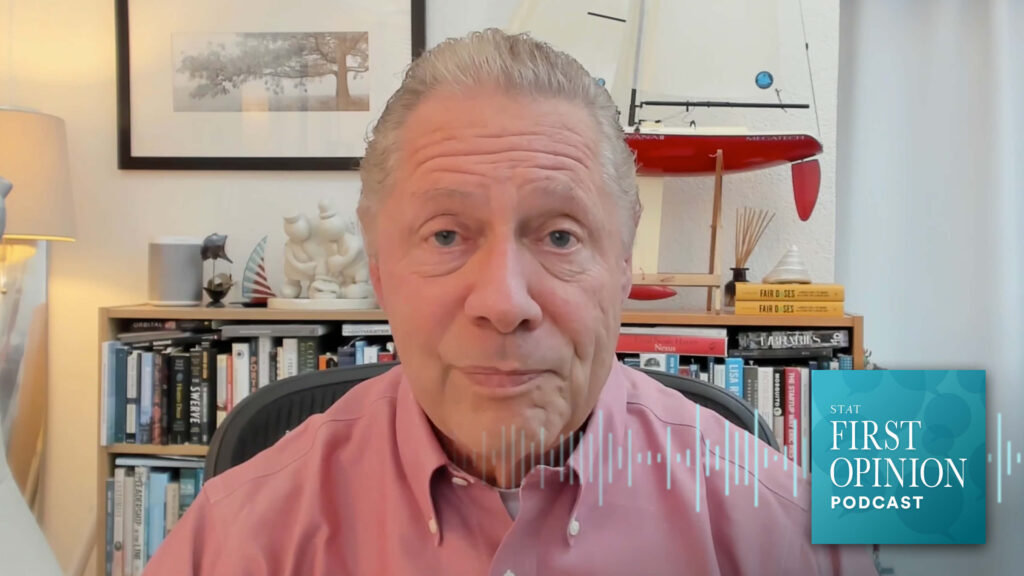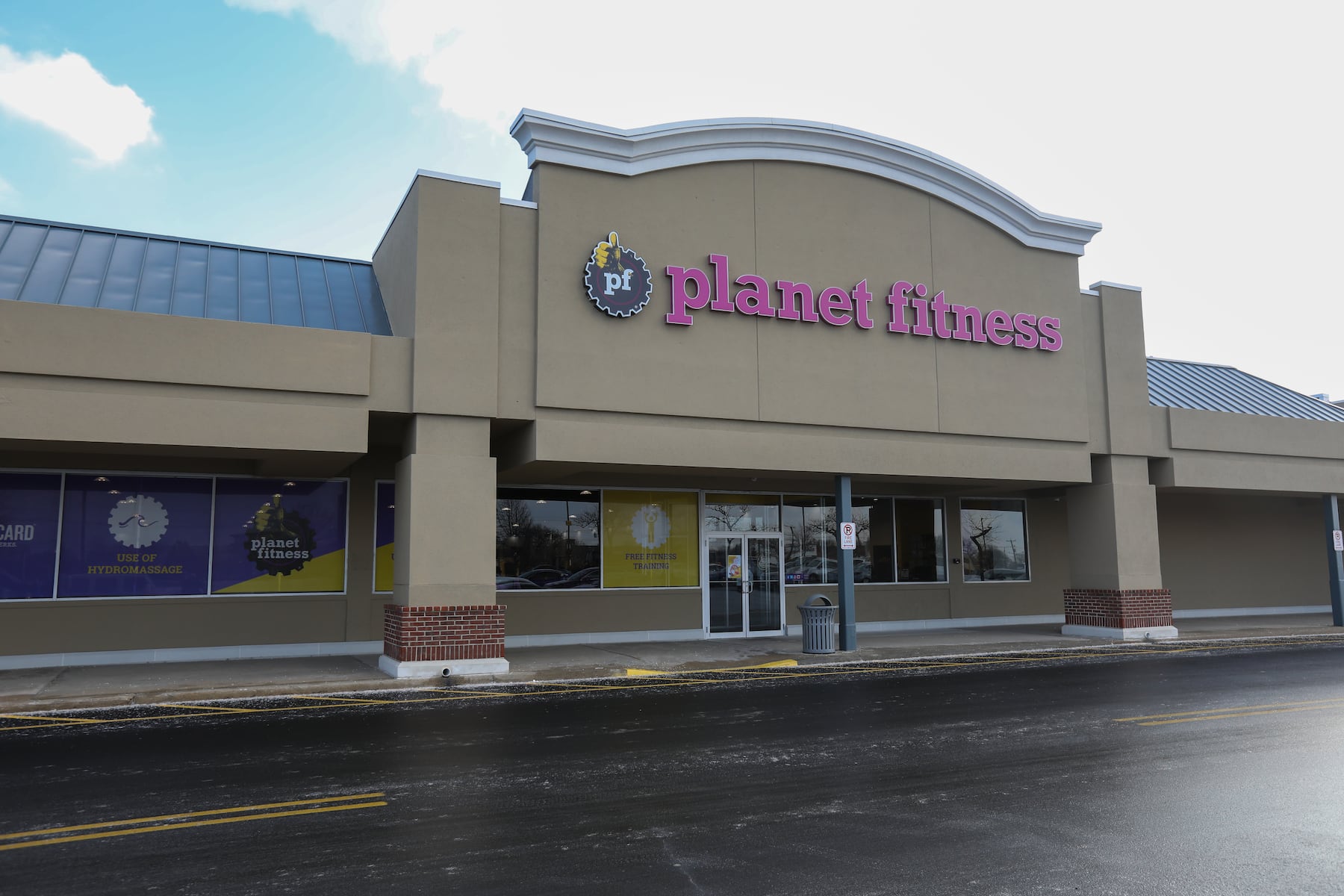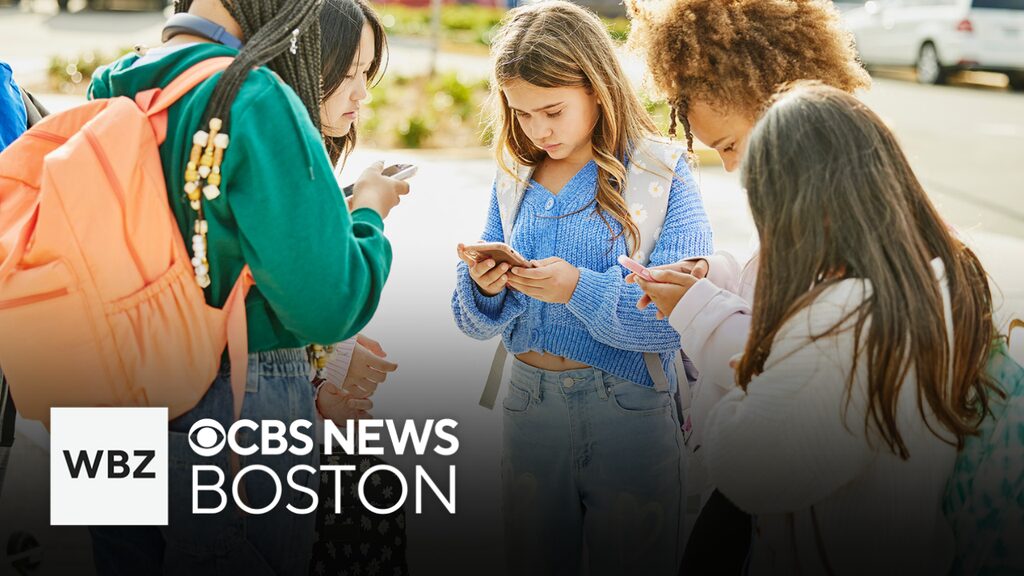Vaccine hesitancy has been a persistent issue throughout history, as highlighted by Seth Berkley, former head of Gavi, the Vaccine Alliance and co-founder of COVAX. During a recent episode of the “First Opinion Podcast,” he referenced the early days of vaccination. “The first vaccine was smallpox vaccine,” Berkley noted, recalling woodcutting images depicting exaggerated fears of side effects, such as people with horns growing from their heads due to the vaccine’s origin from cowpox.
Berkley, who is also the author of the new book “Fair Doses: An Insider’s Story of the Pandemic and the Global Fight for Vaccine Equity,” emphasized the significance of learning from the global response to Covid-19. He expressed concern that future pandemics could be even more severe. “It is evolutionarily certain that we will have more outbreaks, more pandemics,” he stated, urging the world to analyze what strategies succeeded and which fell short during the Covid crisis.
Balancing Routine Health Work with Pandemic Preparedness
Berkley’s insights come against a backdrop of substantial funding cuts to scientific research, prompting a pressing dilemma in global health. He described this situation as a “devil’s choice.” The world now faces a critical decision: should efforts focus on routine health work or prioritize pandemic prevention at the potential cost of established health initiatives?
“The choice is stark,” he explained. “Do we continue our routine work and stop the work on preventing pandemics, or do we do the work on preventing pandemics and then stop some of the routine work?” This balancing act highlights the need for sufficient support for global health, which Berkley argues is crucial for effective pandemic preparedness.
His recent essay, “Global security is impossible without sufficient support for global health,” further explores these themes, advocating for sustained investment in health infrastructure to mitigate the impact of future outbreaks.
For those interested in in-depth discussions on public health and vaccine equity, the “First Opinion Podcast” offers valuable insights, available on platforms like Apple Podcasts and Spotify. Listeners can also subscribe to the “First Opinion Podcast” newsletter for updates on new episodes, along with the broader First Opinion newsletter released every Sunday.
As the world grapples with the implications of the Covid-19 pandemic, the conversation around vaccine hesitancy and health preparedness remains essential. Understanding the historical context and current challenges is vital for promoting a healthier future.







